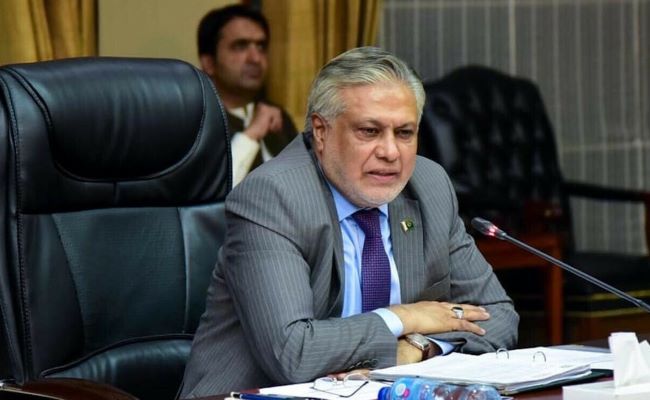On Friday, the Cabinet’s Economic Coordination Committee (ECC) approved the Kissan package and the reduction of power tariff subsidies for the export-oriented industry, meeting one of the IMF’s prerequisites for a staff-level agreement.
According to a statement released after the ECC meeting, Senator Ishaq Dar, the federal minister of finance and revenue, presided over the meeting, which examined revenue and fiscal steps needed to satisfy the Washington-based lender.
The 10-day IMF mission ended Thursday in Islamabad with discussions on energy sector reforms and circular debt management.
The IMF mission left Islamabad without an agreement and recommended Pakistan make reparations.
The ECC addressed the situation and the next steps.
The government authorized a revised circular debt management plan (CDMP) that hiked tariffs by Rs7-8 per unit through August 2023 through quarterly tariff increases, postponed fuel price adjustments, and a Re1 per unit tax on heavy power consumers.
The consumer base pricing would rise to Rs 23/39/unit in June 2022.
Sources said that despite the IMF’s request to boost the base pricing by Rs. 4.06 per unit, the government did not authorize anything under the new CDMP.
On February 10, 2023, Pakistan received the Memorandum of Economic and Financial Policies (MEFP), which may have featured IMF demands. If the IMF insists, Pakistan must raise the base tariff by Rs. 9–11.
The government has protected 300 units of power from a pricing rise.
In the revised CDMP, the IMF demanded a basic electricity pricing increase to reduce the Rs335 billion subsidy.
According to IMF standards, the government will add Rs335 billion to the circular debt monster’s hoard.






